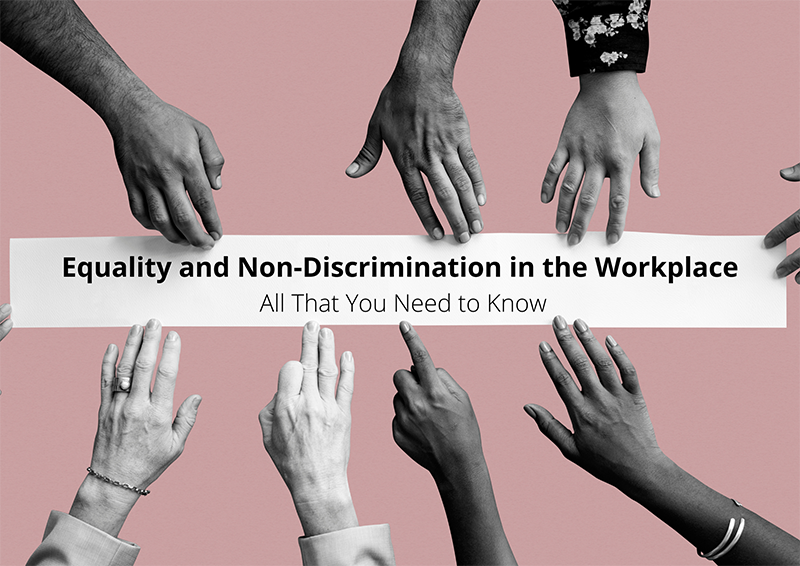[vc_row][vc_column][vc_column_text]Organizations are expected to follow certain guidelines and standards that ensure that they conduct their business activities ethically and look after the well-being and interests of their employees as a part of their statutory compliance.
Shops and establishment compliance ensure that shops, cafes, hotels, or any commercial establishment also adhere to a certain set of protocols and rules similar to that of organizations. Factories and industries are not covered under this Act.
Unfortunately, employees do face discrimination at workplaces across the country and denial of opportunities to work. The ministry of corporate affairs in 2011 instituted guidelines to provide equal opportunities and prevent discrimination and prejudice in the workplace. While a step in the right direction, prejudice, and discrimination at the workplace still exists. According to the India Responsible Business Index’s findings, 24 out of the 99 top-rated BSE listed companies were not forthcoming with their commitment to non-discrimination as a part of their hiring processes.
Some major acts that have been passed by the Government of India that are a step in the right direction to dealing with discrimination include:
- The Transgender Persons (Protection of Rights) Act, 2019
- The Rights of Persons with Disabilities (RPwD) Act, 2016
- HIV and AIDS (Prevention and Control) Act, 2017
Organizations must include these acts while planning future strategy and hiring processes as a part of Compliance Management.
The Transgender Persons (Protection of Rights) Act, 2019
This Act grants the right to the self-determination of identity to all transgender persons. The Bill prohibits discrimination against transgender persons in education, employment, health care, goods, accommodation, housing, services, and benefits. Discrimination is described here as denial, discontinuation, termination, or unfair treatment. The Act also covers the safety and protection of a transgender person.
The Rights of Persons with Disabilities Act, 2016
The Rights of Persons with Disabilities Act, 2016 came into effect on 19 April 2017. The Act makes it illegal to discriminate against a person on the grounds of his or her disability. Disabled employees are entitled to the right to equality and non-discrimination. The head of an organization is responsible for ensuring that this provision of the Act is not misused.
An Equal Opportunity Policy (EOP) is mandatory in organizations with disabilities. This policy must be registered with the State Commissioner or the Central Commissioner. A liaison officer must be appointed by an organization to handle the recruitment process of persons with disabilities and notify the organization of the same and document the number of individuals with disabilities, the nature of their work in the organization and so on. The equal opportunity policy must contain the following details:
- Accessible facilities for persons with disabilities;
- Positions identified for persons with disabilities;
- Training, promotion and advancement opportunities,
- Accessible accommodation and provision of assistive devices and technology and barrier-free accessibility.
HIV and AIDS (Prevention and Control) Act, 2017
Implemented in 2018, The HIV and AIDS (Prevention and Control) Act, 2017, seeks to prevent and control the spread of HIV and AIDS. The Act actively looks at creating mechanisms to address the complaints and provides free treatment to those infected with HIV and AIDS. The Act also makes provisions for employees in an organization where no HIV test, medical treatment or research will be conducted on a person without informed consent. No person is under pressure to disclose their HIV status to obtain employment or services. The only exceptions are when they offer the information under informed consent and if required by a court order.[/vc_column_text][/vc_column][/vc_row]









